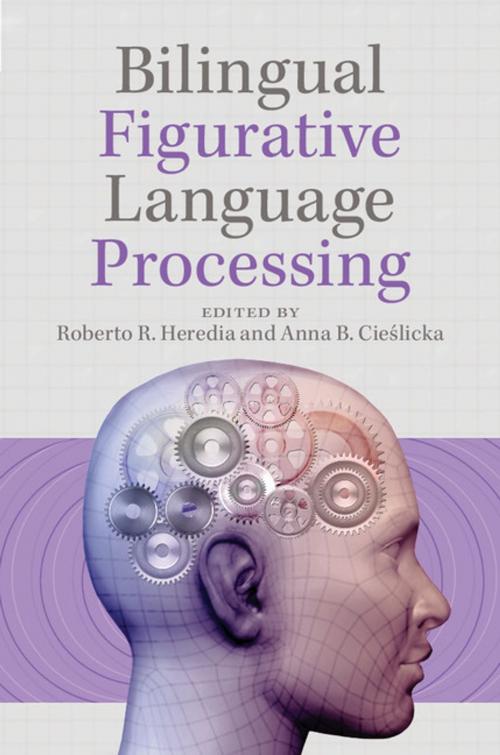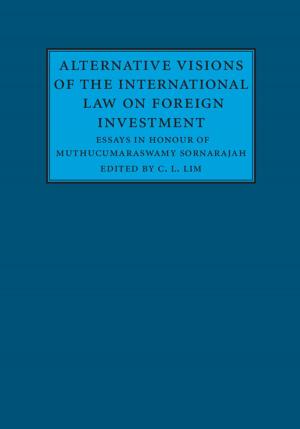Bilingual Figurative Language Processing
Nonfiction, Reference & Language, Language Arts, Linguistics, Education & Teaching| Author: | ISBN: | 9781316213346 | |
| Publisher: | Cambridge University Press | Publication: | January 26, 2015 |
| Imprint: | Cambridge University Press | Language: | English |
| Author: | |
| ISBN: | 9781316213346 |
| Publisher: | Cambridge University Press |
| Publication: | January 26, 2015 |
| Imprint: | Cambridge University Press |
| Language: | English |
Bilingual Figurative Language Processing is a timely book that provides a much-needed bilingual perspective to the broad field of figurative language. This is the first book of its kind to address how bilinguals acquire, store, and process figurative language, such as idiomatic expressions (such as kick the bucket), metaphors (such as lawyers are sharks), and irony, and how these tropes might interact in real time across the bilingual's two languages. This volume offers the reader and the bilingual student an overview of the major strands of research, both theoretical and empirical, currently being undertaken in this field of inquiry. At the same time, Bilingual Figurative Language Processing provides readers and undergraduate and graduate students with the opportunity to acquire hands-on experience in the development of psycholinguistic experiments in bilingual figurative language. Each chapter includes a section on suggested student research projects. Selected chapters provide detailed procedures on how to design and develop psycholinguistic experiments.
Bilingual Figurative Language Processing is a timely book that provides a much-needed bilingual perspective to the broad field of figurative language. This is the first book of its kind to address how bilinguals acquire, store, and process figurative language, such as idiomatic expressions (such as kick the bucket), metaphors (such as lawyers are sharks), and irony, and how these tropes might interact in real time across the bilingual's two languages. This volume offers the reader and the bilingual student an overview of the major strands of research, both theoretical and empirical, currently being undertaken in this field of inquiry. At the same time, Bilingual Figurative Language Processing provides readers and undergraduate and graduate students with the opportunity to acquire hands-on experience in the development of psycholinguistic experiments in bilingual figurative language. Each chapter includes a section on suggested student research projects. Selected chapters provide detailed procedures on how to design and develop psycholinguistic experiments.















